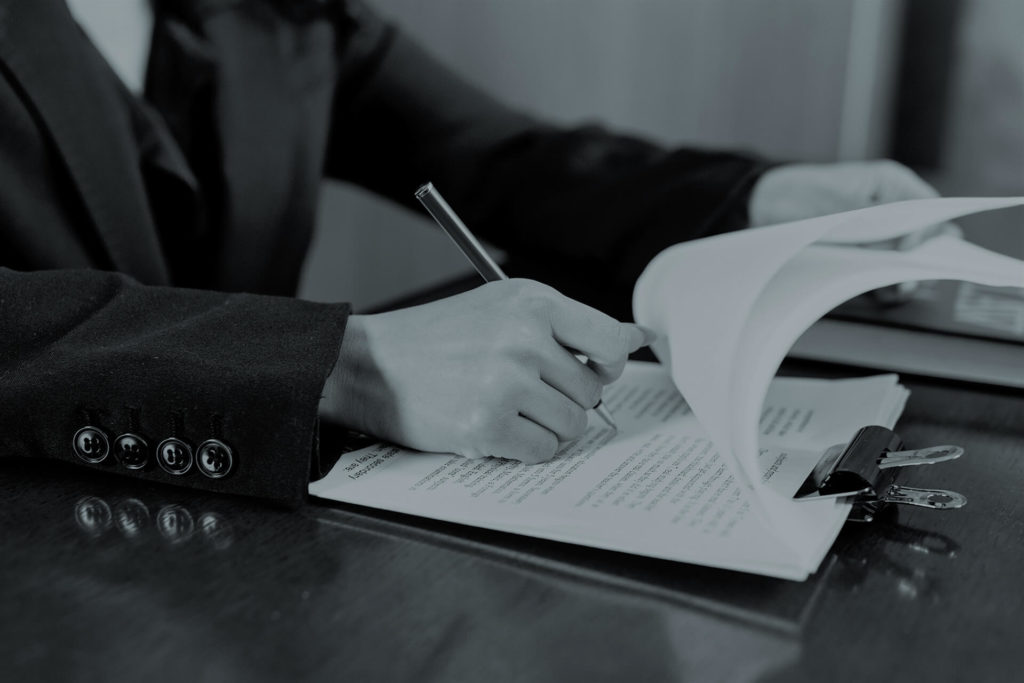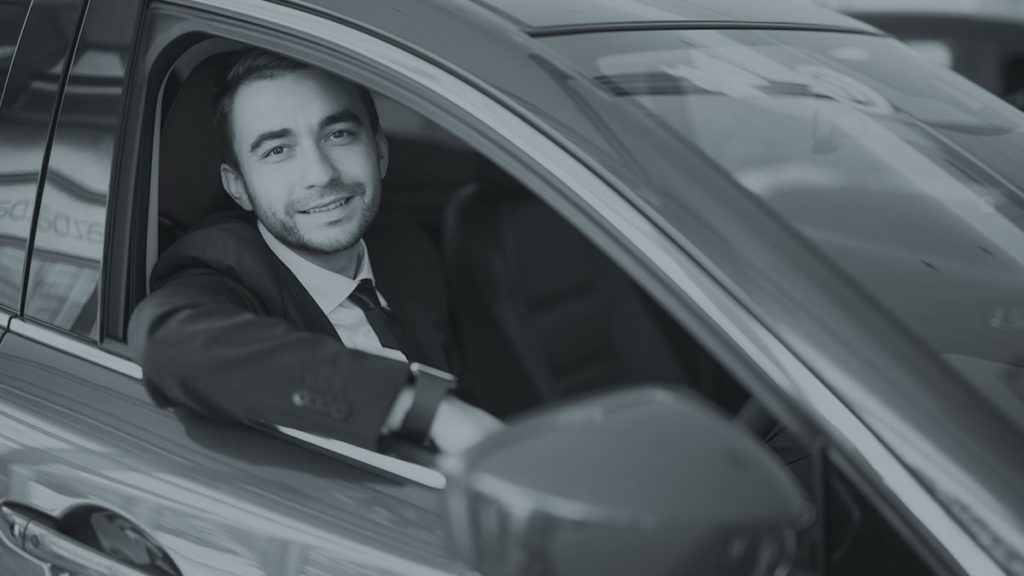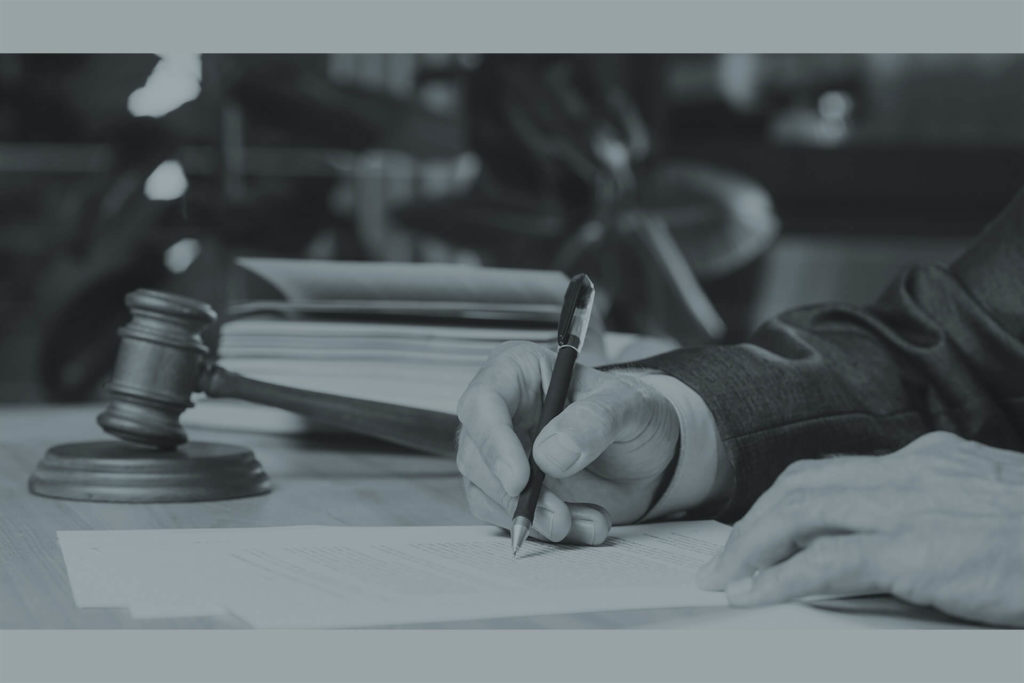Send your enquiry.
Contact us for a free, initial no obligation consultation.
"*" indicates required fields
Your information is safe and treated in accordance with our Privacy Policy
You can get banned for driving without due care and attention if the case is considered serious by the courts. You may also be automatically disqualified if you cannot accept any further points on your licence. This is called a totting-up ban.
If you have been accused of careless driving, please contact our motor offence solicitors for expert legal advice. We specialise in motoring offences and can help you retain your licence.
What is careless driving?
Careless driving is often described as driving without due care and attention. It means your standard of driving has fallen below that expected of a prudent and competent driver. There are lots of scenarios that could amount to driving without due care and attention, including:
- Tailgating
- Lane-hogging
- Weaving in and out of lanes
- Eating or drinking while driving
- Tuning the radio or reading a map while driving
- Poor lane discipline
- Obstructing the flow of traffic
- Driving aggressively
- Failing to give way
This is not an exhaustive list. Ultimately, it is up to the police to assess your actions and decide whether your behaviour amounts to ‘careless driving’.
Is careless driving the same as dangerous driving?
No, driving without due care and attention and dangerous driving are two separate offences.
Can I be charged with careless driving even if there was not an accident?
Yes, you can be charged with driving without due care and attention, even if you were not involved in an accident. A police patrol car may see you weaving in and out of lanes, for example, and pull you over at the roadside. Or, you may be caught on camera driving in a manner that the police deem unacceptable.
On the other hand, if you are involved in an accident, the police may attend the scene of the incident and accuse you of driving without due care and attention. If there is an accident and you leave without completing the necessary formalities, you can be charged with the additional offences of failing to stop and failing to report an accident.
What are the penalties for careless driving?
The penalties for driving without due care and attention are:
- Three to nine penalty points
- A fine of up to £5,000
- A discretionary disqualification
Evidently, there is a significant difference between receiving three penalty points and nine penalty points. You might also wonder what a discretionary disqualification means and whether this might apply to you.
It all depends on the way in which the careless driving charge is handled. When the police accuse you of driving without due care and attention, one of two things will happen. Either:
- You will be handed a fixed penalty notice (which you will receive either at the roadside or through the post); or
- Your case will go to court
If you are given a fixed penalty notice by the police, you will usually receive three penalty points and a £100 or £200 fine. You may be given the option of attending a driver improvement course instead, but this is for the police to decide.
However, if your case goes to court, then the court will determine what punishment it sees fit. This should reflect the seriousness of your actions. The court has the power to impose a harsher sentence than the police, with the maximum penalty being nine penalty points, a fine of £5,000 and a disqualification.
Will I get banned for careless driving?
Basic cases of driving without due care and attention will not result in a driving ban. Most people receive three penalty points and a fine. But if your case goes to court, the court can use its discretion to decide what penalty to impose. This might include a driving disqualification. Your case will only go to court if:
- Your case is considered serious – for example, if other road users/pedestrians were endangered or you were involved in an accident
- You dispute the charges and wish to plead ‘not guilty’
Careless driving and totting up bans
A careless driving charge can also lead to a driving ban if you have too many points on your licence. This is because you can only accumulate 11 points on your licence during a three-year period. If you are handed further penalty points for driving without due care and attention, this may tip you over the 12-point limit. When this happens, you automatically receive a six-month driving disqualification. This is known as a totting-up ban.
Can I defend a careless driving charge?
There are ways to defend a charge for driving without due care and attention. One approach is to argue that your standard of driving was acceptable, meaning you were not negligent. Even if there was an accident, it may be possible to persuade a court that any other reasonable motorist would have reacted similarly.
Or, it might be that there were mitigating circumstances. While this does not make you ‘innocent’, it does reduce your culpability. For instance, it could be that:
- There was a medical emergency
- You were in danger
- You were acting under duress
- There was a fault with the vehicle which you could not have reasonably known about
There may also be grounds for a technical defence. There are strict rules that the police must follow when charging someone with a motoring offence. One example is that a Notice of Intended Prosecution must be issued at the roadside, or within 14 days of the alleged offence. If this is not achieved, the prosecution against you cannot continue.
If you wish to contest the allegations, you must provide evidence in support of your case. Otherwise, the court may find you guilty. This could result in harsher penalties than those that would have been imposed by the police, had you accepted the fixed penalty notice. It is therefore recommended that you ask a solicitor to prepare your case and argue your defence in court.
Can I avoid a totting-up ban?
If accepting the penalty points would mean accumulating 12 or more points on your licence, your primary concern will be a totting-up ban.
There are ways to avoid a totting-up ban. The most common tactic is to plead exceptional hardship. This is when a driving disqualification would cause genuine suffering to others. This might be a relative who relies on you to drive him to and from medical appointments or the community who relies on you to perform an essential service.
Should I speak to a solicitor?
If you are worried about the impact of a careless driving charge or deny the allegations, you must speak to a solicitor. At Ashmans Solicitors, we have a specialist team of motoring defence solicitors who are on hand to help. We can advise how to achieve the best possible outcome. If this means taking the matter to court, we will represent you throughout, working hard to retain your licence.
For an initial enquiry, call us on 0333 009 6275. We can take your call 24 hours a day, seven days a week.
More Resources
- Early Removal Of Driving Disqualification
- Motoring Offences – The Chances Of Conviction
- What Does Causing Death By Dangerous Driving Mean
You can also email us at enquiries@ashmanssolicitors.com or complete our Online Enquiry Form, and we’ll be in touch soon.




